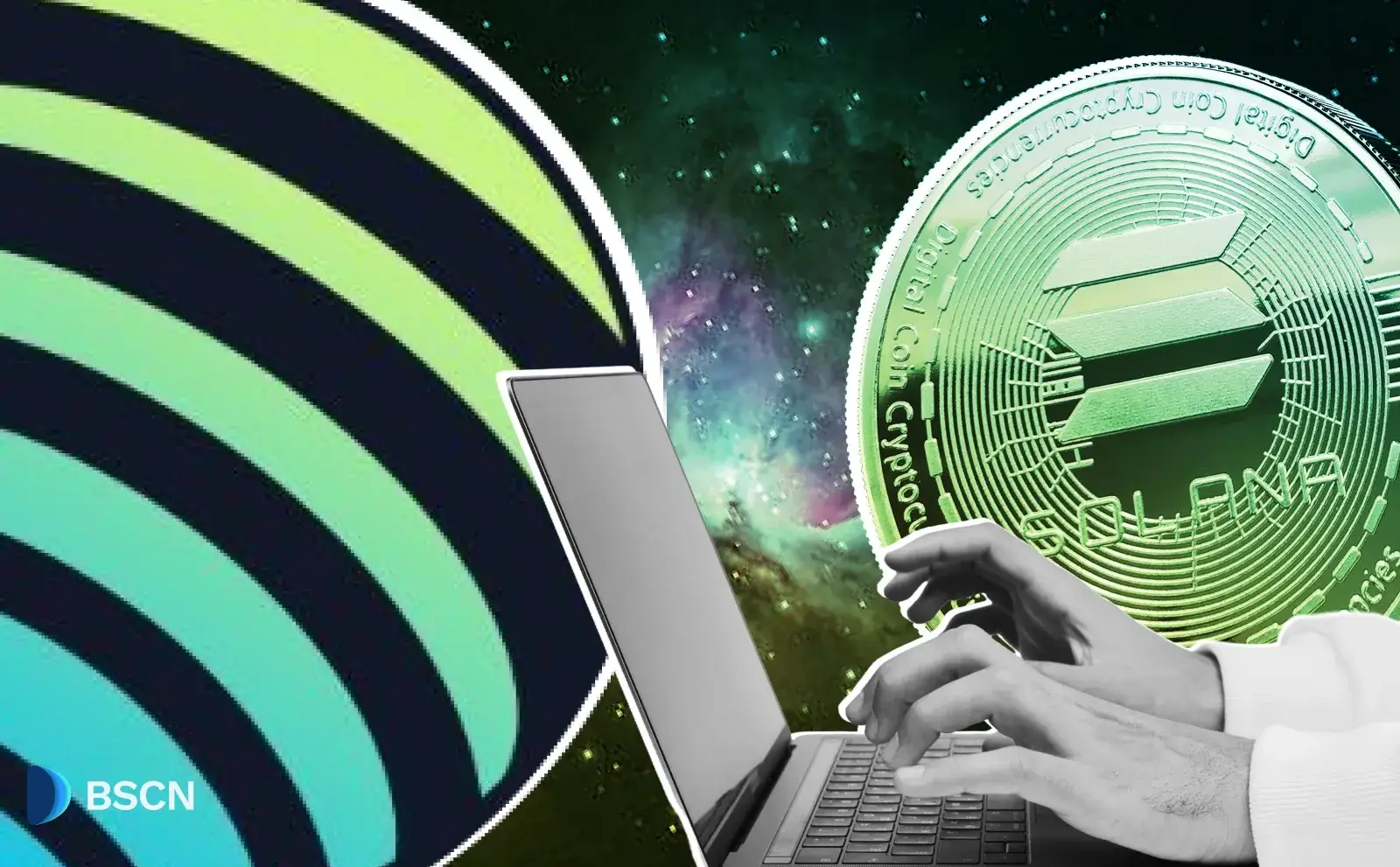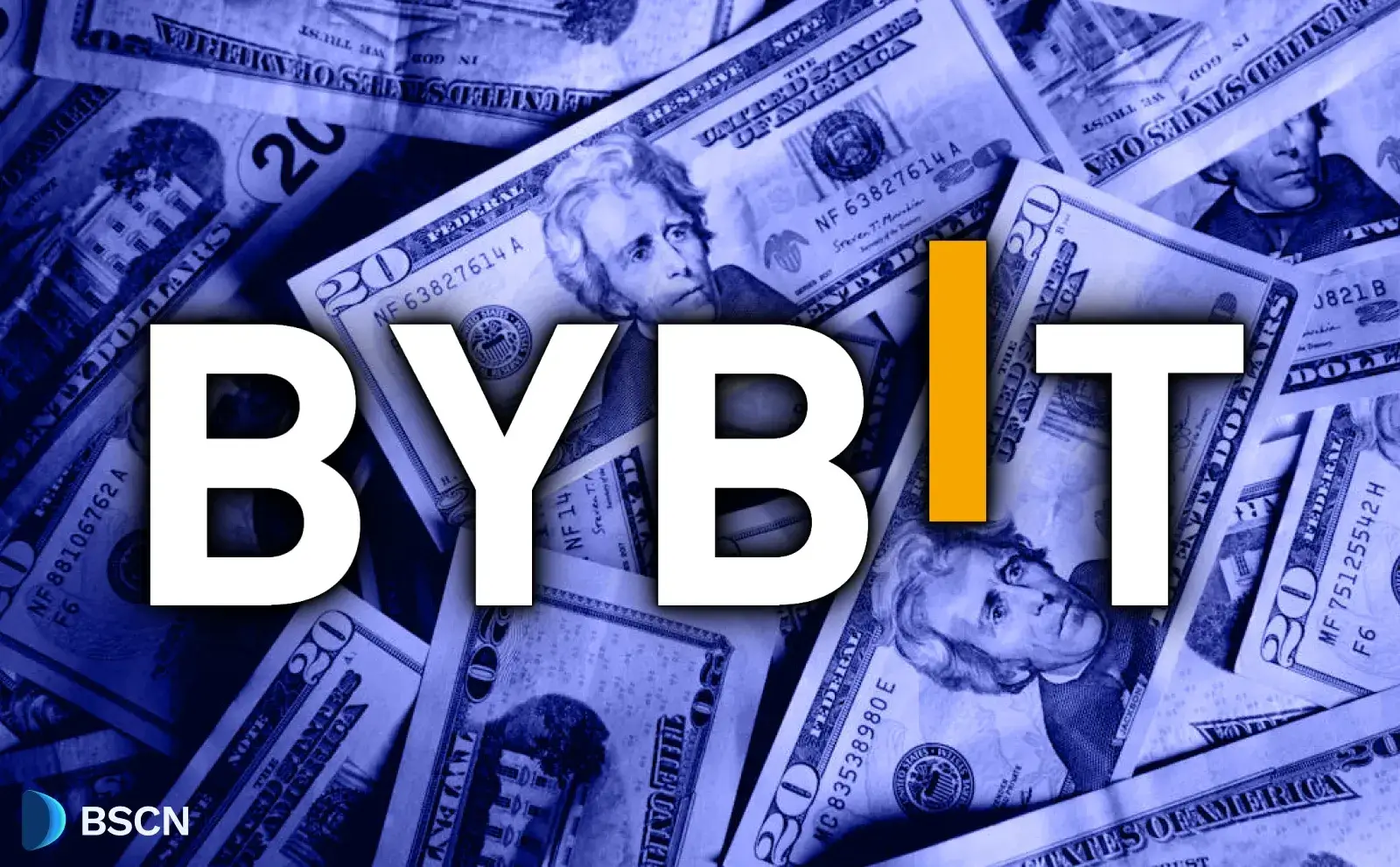Jupiter Launches Wallet for Desktop

Jupiter expands its DeFi ecosystem with a new desktop wallet, enabling users to trade and manage Solana assets directly from their browsers.
Miracle Nwokwu
October 7, 2025
Table of Contents
Popular decentralized exchange aggregator operating on the Solana blockchain, Jupiter, has introduced a desktop wallet that extends its services beyond mobile devices. This move allows users to manage their assets and execute trades directly from browsers like Chrome or Brave, where the wallet functions as an extension. The launch aligns with Jupiter's ongoing efforts to create a more accessible ecosystem for decentralized finance participants, who can now choose between mobile and desktop interfaces depending on their needs.
Today marks a giant leap for DeFi.
— Jupiter (🐱, 🐐) (@JupiterExchange) October 6, 2025
Introducing Jupiter Wallet for Desktop – the most advanced Solana wallet is finally here!
• Gasless trading
• Deep integration w/Jupiter products
• PnL analysis
• 10x lower fees than any other wallet
And so much more 🧵 pic.twitter.com/UKf3itRO2n
The desktop wallet builds on the foundation laid by Jupiter's mobile app, which has already attracted over a million users. By offering a browser-based option, Jupiter addresses the preferences of those who favor larger screens for detailed analysis or multitasking. Users can import existing wallets or create new ones, with options for secure key management that avoid manual entry of sensitive information. This setup supports a range of activities, from basic token storage to advanced trading, all within a single application.
Key Features of the Desktop Wallet
A standout aspect of the desktop wallet is its emphasis on cost efficiency and user convenience. Transactions incur fees as low as 0.1 percent, which Jupiter claims is significantly below what many competing wallets charge. This pricing model relies on optimized routing and protection against maximal extractable value exploitation, ensuring trades execute at competitive rates without unnecessary costs. For those concerned about network congestion, the wallet includes gasless trading options, where users avoid paying for Solana's transaction fees in certain scenarios.
Security remains a priority, with the wallet undergoing audits by external firms to verify its robustness. It supports integration with hardware devices from major providers, allowing users to keep private keys offline while interacting with the blockchain. Additionally, the wallet enables signless transactions for select activities, reducing the frequency of manual approvals and speeding up operations. For newcomers, social login features simplify onboarding—users can connect via accounts from platforms like Google or Apple, bypassing traditional seed phrases.
The wallet also incorporates analytical tools that provide insights into trading performance. Users can track profit and loss across their holdings, viewing breakdowns by token or wallet. This data-driven approach helps individuals monitor their strategies over time, identifying patterns in gains or losses without relying on external spreadsheets.
Seamless Integration with Jupiter's Ecosystem
What sets this desktop wallet apart is its tight coupling with Jupiter's broader suite of products. For instance, it connects directly to the exchange's swap functionality, powered by an aggregator that scans multiple liquidity sources for optimal prices. This integration extends to perpetual futures trading and lending protocols, where users can open positions or supply assets without switching applications.
A notable feature is the synchronization capability between desktop and mobile versions. By scanning a QR code, users can transfer wallet data securely between devices, maintaining consistency across platforms. This cross-device compatibility ensures that someone starting a trade on their phone can continue it on a computer, or vice versa, without disruption.
Jupiter's focus on interoperability also shines through in how the wallet handles approvals. Once set up, it allows automatic permissions for interactions with affiliated services, such as depositing into lending pools or executing limit orders. This reduces friction for frequent users who engage with multiple DeFi elements, making the overall experience more fluid.
Recent Developments Enhancing Jupiter's Platform
In the weeks leading up to the desktop wallet launch, Jupiter has rolled out several updates that strengthen its position in the Solana ecosystem. On October 2, the platform integrated Sanctum's INF token into its lending product, enabling users to lend or loop assets with potential annual percentage yields reaching up to 40 percent in certain configurations. This addition came with $25,000 in incentives to encourage participation in specific borrowing pairs, fostering liquidity growth.
Jupiter also announced Decentralized Token Formation, a new mechanism for projects to raise funds transparently from communities. Designed to revive community-driven capital raises, it emphasizes verifiable token allocations and locks, with support from partners like Meteora for liquidity provisioning. The initiative promises selective launches for high-quality teams, aiming to restore trust in token distributions.
Earlier, on September 30, Jupiter added profit-and-loss tracking to its mobile app, marking the first time such analytics appeared natively in a mobile wallet. This feature, powered by Jupiter Pro, lets users review their trading history in detail, complementing the desktop version's tools.
Partnerships have played a key role too. Jupiter collaborated with Anchorage Digital to embed its swap technology into Porto, an institutional self-custody wallet, facilitating secure DeFi access for larger players. Similarly, integrations with TopNod's self-custodial wallet and BitcoinKit expanded support for real-world assets and native Bitcoin deposits. On the traditional finance side, 21Shares launched a Jupiter ETP on the SIX Swiss Exchange, providing European investors with regulated exposure to the JUP token.
Other enhancements include support for tokenized stocks on Jupiter Pro, allowing tracking of assets like NVIDIA or Tesla equivalents on Solana. Upgrades to the search engine and token verification system further improved usability, with faster approvals and better rug-pull detection.
These developments reflect Jupiter's commitment to evolving alongside Solana's growth. As the blockchain handles increasing volumes—Jupiter itself has facilitated over a trillion dollars in trades—the desktop wallet positions the platform to capture more users seeking reliable, feature-rich tools.
Sources:
- Jupiter Official X Announcement (Desktop Wallet Launch): https://twitter.com/JupiterExchange/status/1975184404067783050
- 21Shares Jupiter ETP Listing on SIX Swiss Exchange: https://x.com/21shares/status/1972922606262345812
- Anchorage Digital x Jupiter Integration (Porto Wallet): https://finance.yahoo.com/news/anchorage-digital-expands-institutional-access-140108552.html?guccounter=1
Read Next...
Frequently Asked Questions
What is Jupiter’s new desktop wallet?
Jupiter’s new desktop wallet is a browser-based extension that allows users to trade, store, and manage Solana assets directly from desktop browsers like Chrome or Brave. It expands Jupiter’s DeFi ecosystem beyond mobile devices, offering users greater flexibility and accessibility in managing their crypto portfolios.
How does Jupiter’s desktop wallet differ from its mobile app?
The desktop wallet builds upon Jupiter’s mobile app by introducing larger-screen usability, in-depth trading analysis, and seamless cross-device synchronization. Users can scan a QR code to sync their mobile and desktop wallets, enabling continuous trading experiences across devices.
What are the key features of the Jupiter desktop wallet?
Key features include gasless trading, PnL (profit and loss) tracking, deep integration with Jupiter’s swap, lending, and perpetuals products, 0.1% low transaction fees, hardware wallet support and signless transactions, and social logins via Google or Apple.
Disclaimer
Disclaimer: The views expressed in this article do not necessarily represent the views of BSCN. The information provided in this article is for educational and entertainment purposes only and should not be construed as investment advice, or advice of any kind. BSCN assumes no responsibility for any investment decisions made based on the information provided in this article. If you believe that the article should be amended, please reach out to the BSCN team by emailing [email protected].
Author
 Miracle Nwokwu
Miracle NwokwuMiracle holds undergraduate degrees in French and Marketing Analytics and has been researching cryptocurrency and blockchain technology since 2016. He specializes in technical analysis and on-chain analytics, and has taught formal technical analysis courses. His written work has been featured across multiple crypto publications including The Capital, CryptoTVPlus, and Bitville, in addition to BSCN.
Crypto Project & Token Reviews
Project & Token Reviews
Comprehensive reviews of crypto's most interesting projects and assets
Learn about the hottest projects & tokens





















